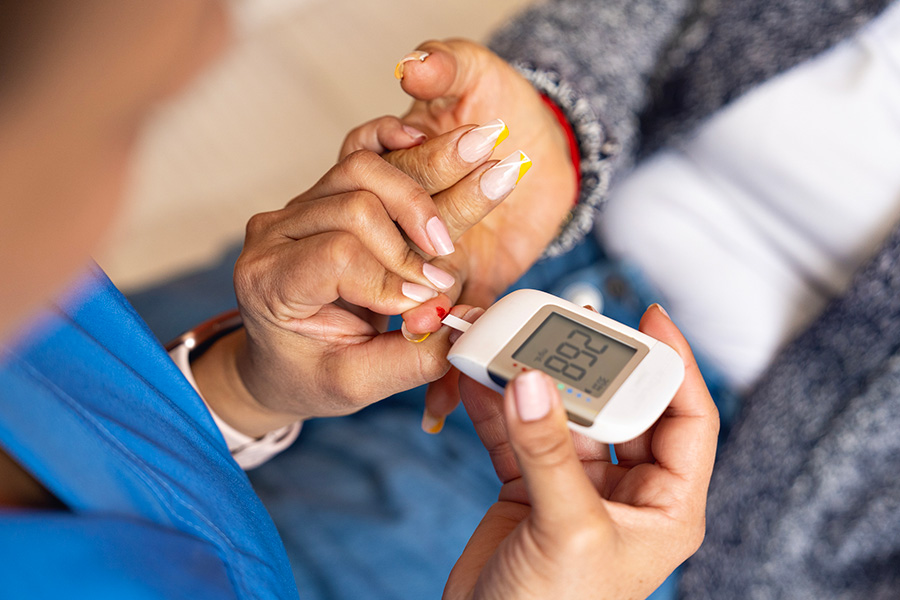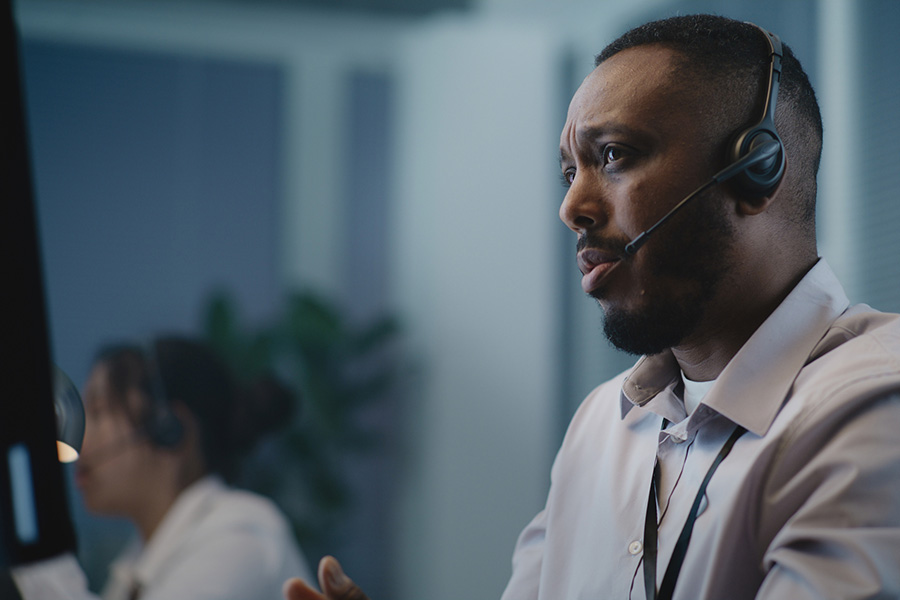Routine health screenings are a foundational part of preventive care, yet many adult patients delay or avoid them altogether, especially when they feel healthy. For primary care providers, encouraging patients to stay up to date on screenings should focus on building long-term relationships, helping patients understand the rationale for preventive care, and creating space for prevention amid crammed schedules.
Download Free Tools and Resources

Sign up to receive our weekly newsletter and get all the latest news and updates, including the most recent episode of AFMC TV, right to your inbox!






